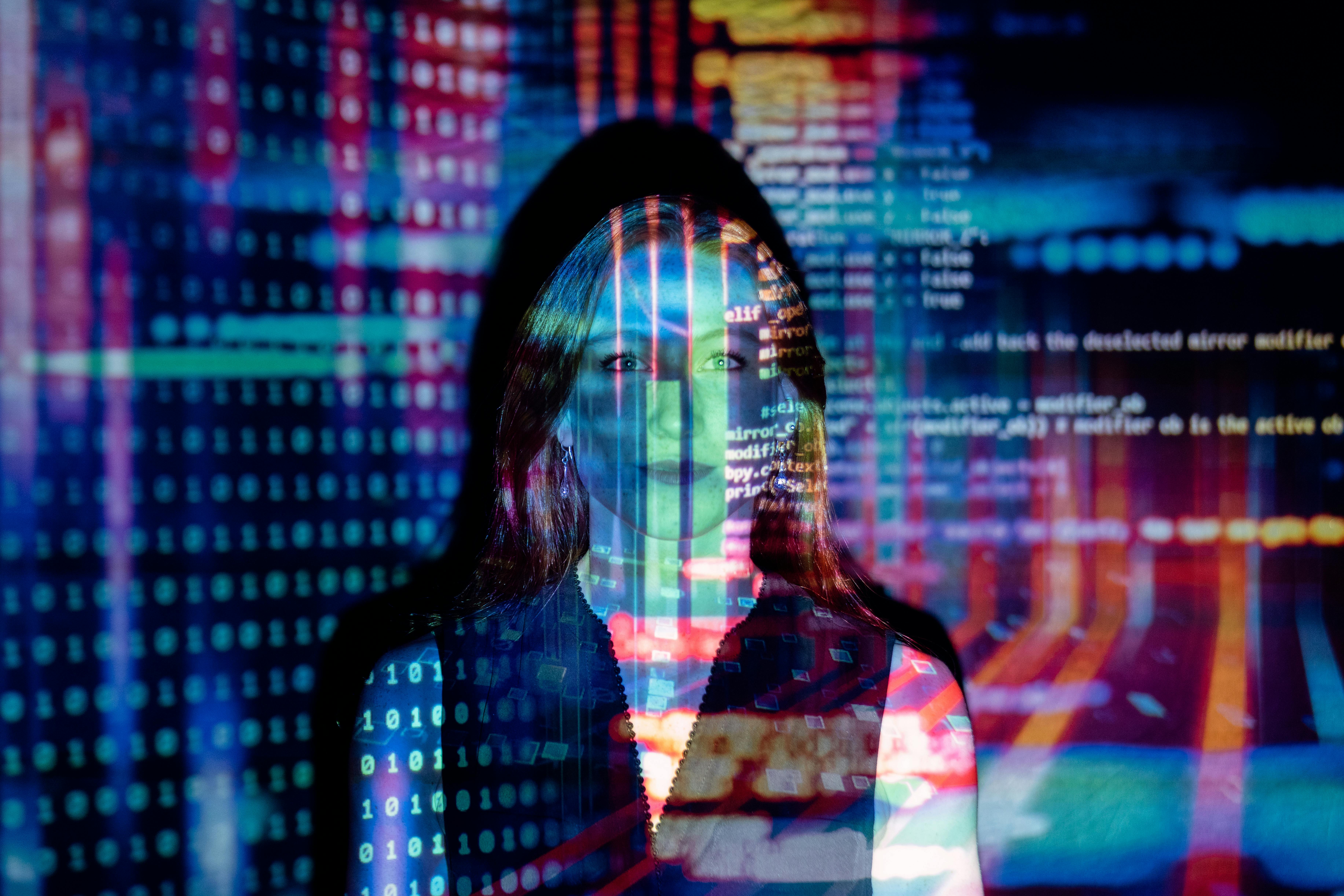A Deeper Dive into the Social Impact of Virtual Reality
Our society is undergoing a silent transformation, with virtual reality (VR) at its helm. This immersive technology is not just reshaping entertainment and gaming—it’s altering our social fabric. Read below to explore how VR is influencing our interactions and molding the future of our society.

A Brief Tryst with VR: History and Evolution
Virtual reality, once a staple of science fiction, has now permeated our reality. The term ‘virtual reality’ was first coined by Jaron Lanier in the 1980s, but the concept dates back to the 1930s when Stanley G. Weinbaum described a pair of goggles that let the wearer experience a virtual world. Today, VR has moved beyond goggles to highly sophisticated headsets and immersive environments, making the virtual world more tangible than ever.
VR in Today’s Society: Beyond Games and Entertainment
Virtual reality, initially associated with gaming and entertainment, is now finding its footing in other sectors. Businesses are utilizing VR for training and simulations, healthcare is leveraging it for therapy and rehabilitation, and education is exploring its potential for immersive learning. But, perhaps its most significant impact lies in its potential to reshape human interactions and social norms.
Societal Implications: VR as a Social Catalyst
The ability of VR to simulate real-world experiences and interactions signifies a shift in our social dynamics. VR is breaking down geographical barriers, fostering global connections, and promoting empathy by allowing people to experience different perspectives. For instance, VR can simulate the experiences of a refugee or a person with disabilities, fostering understanding and empathy among users.
However, as with any technology, VR also poses challenges. Issues such as addiction, isolation, and the blurring line between reality and virtuality are areas of concern that need addressing to harness the positive social potential of VR.
VR and Future Society: Potential and Possibilities
As we look towards the future, VR’s societal impact could be monumental. By simulating real-world scenarios, VR can contribute to conflict resolution, empathy training, and inclusive education. It can also provide a platform for virtual social interactions, opening up new avenues for communication and community building.
However, for these possibilities to materialize, it is crucial to navigate the challenges and ethical considerations that VR presents. Balancing the benefits and potential pitfalls of VR will be key to its successful integration into our society.
The Virtual Social Landscape
The influence of virtual reality on our social fabric is undeniable. As we continue to interact more with virtual environments, our societal norms, and interactions evolve. While the journey of VR is still at an early stage, its potential to shape the future of society is immense. By understanding and addressing the implications of this technology, we can ensure that VR serves as a tool for positive societal transformation.




